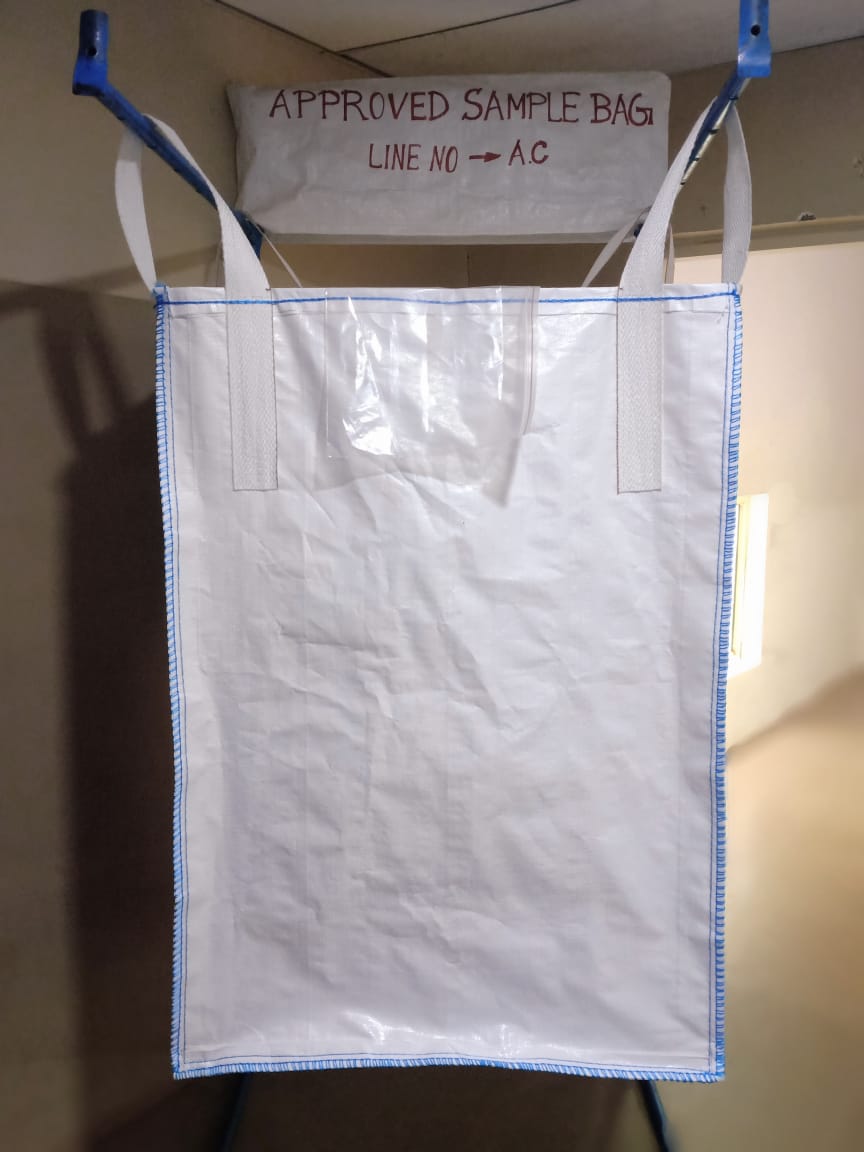Introduction:
FIBC bulk bags, also known as Flexible Intermediate Bulk Containers or simply bulk bags, have revolutionized the way materials are stored, transported, and handled across various industries. Their durability, adaptability, and cost-effectiveness have made them an indispensable choice for a wide range of applications. In this detailed guide, we will delve into the different types of FIBC bulk bags and explore their diverse uses in different sectors.
FIBC Bulk Bags Types and Uses
Types of FIBC Bulk Bags
FIBC bulk bags come in various types, each designed to suit specific requirements and materials. These types include:
1. Type A FIBC Bulk Bags
Type A bulk bags are made from non-conductive fabrics and are suitable for handling non-flammable materials. They offer basic protection against dust and moisture but should not be used for flammable or combustible substances.
2. Type B FIBC Bulk Bags
Type B bulk bags are constructed from non-conductive materials but also have insulating properties. They prevent the occurrence of incendiary sparks, making them suitable for transporting flammable powders.
3. Type C FIBC Bulk Bags
Type C bulk bags, also known as conductive bulk bags, are designed to safely dissipate static electricity. They feature conductive threads or fabric, along with grounding features, making them ideal for handling materials that are prone to static discharge.
4. Type D FIBC Bulk Bags
Type D bulk bags are similar to Type C bags but are made from static-dissipative fabric rather than conductive material. They provide protection against static without the need for grounding, making them versatile for various industries.
Common Uses of FIBC Bulk Bags
1. Agriculture and Farming
FIBC bulk bags are widely used in agriculture for storing and transporting fertilizers, seeds, grains, and produce. Their large capacity and robust construction make them essential for efficient operations.
2. Chemical Industry
Chemical powders and granules often require safe containment during transportation. FIBC bulk bags, particularly Type C and Type D bags, prevent static-related accidents in environments where combustible chemicals are handled.
3. Construction and Building Materials
From cement and sand to aggregates and rubble, the construction industry relies on FIBC bulk bags to streamline material handling and reduce waste.
4. Food and Pharmaceuticals
In the food and pharmaceutical sectors, FIBC bulk bags maintain product integrity and hygiene during transit. They are suitable for items like powders, herbs, spices, and even pharmaceutical ingredients.
5. Mining and Minerals
The mining industry utilizes FIBC bulk bags for transporting ores, minerals, and other extracted materials. Their durability ensures safe and efficient handling even in demanding environments.
6. Waste Management
FIBC bulk bags find applications in waste management for collecting and disposing of various types of waste, including hazardous materials.
7. Retail and E-commerce
In the retail sector, FIBC bulk bags are employed for storage and transportation of products, ranging from pet food to gardening supplies.
FAQs
Can FIBC bulk bags be reused?
Yes, many FIBC bulk bags are designed for multiple uses. However, proper inspection and maintenance are essential to ensure their safety and longevity.
Are there specific guidelines for lifting FIBC bulk bags?
Absolutely. FIBC bulk bags should be lifted using appropriate lifting equipment, such as forklifts or cranes. Operators should follow safe lifting practices to prevent accidents.
Can FIBC bulk bags be customized for specific needs?
Certainly. Manufacturers often provide options for customizing bulk bags with different sizes, lifting mechanisms, closures, and fabric types to meet specific requirements.
What is the weight capacity of FIBC bulk bags?
Weight capacity varies depending on the bag's type and design. Some FIBC bulk bags can handle loads of up to several tons.
Are FIBC bulk bags environmentally friendly?
Yes, FIBC bulk bags are often considered eco-friendly due to their reusability, recyclability, and reduction in packaging waste.
How do I store FIBC bulk bags when not in use?
Store FIBC bulk bags in a dry, clean, and well-ventilated area away from direct sunlight. Proper storage helps maintain their quality and extends their lifespan.
Conclusion
FIBC bulk bags have transformed the way industries handle materials, offering practical solutions for storage and transportation. By understanding the various types and uses of these bags, businesses can make informed decisions that enhance efficiency, safety, and sustainability across different sectors.


Comments
Post a Comment